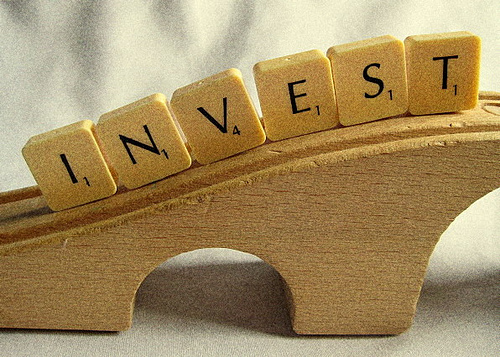Passive investing proponents have enjoyed a great run since the 2008-2009 financial crisis. Buying passively managed index funds or ETFs, which mirror the composition of major benchmarks, was a smart move given the high correlation among stocks and robust overall market gains from the market low in March 2009.
TheS&P 500 Index (SPX) surged about 32% in 2013, finishing the year at an all-time high for the first time since 1999. The Dow Industrial Average (INDU) climbed 27% in 2013 for its best performance since 1995. If you owned index funds that tracked those gains, you have reason to be pleased.
S&P 500
Indeed, investors are flocking to passively managed funds. Indexing giant Vanguard dominated the mutual fund business in 2013 — through the first 11 months, the company gathered $117 billion of long-term mutual fund and ETF assets, compared with $425 billion for the overall industry.
Morningstar editor Adam Zoll says it’s a bull market in passive investing:
“To illustrate investors’ growing use of index funds, consider that on Nov. 1, 2003, 12% of all U.S. open-end mutual fund and ETF assets (not including fund-of-fund or money-market assets) were invested in passively managed products. Today that percentage stands at 27% and rising.”
Some market observers are even wondering if index funds have become too popular.
We’ll leave it to the academics to answer these complex questions, and the active-versus-passive debate will likely continue forever.
Covestor’s core investment philosophy is that passive and actively managed strategies can work together to help investors reach their financial goals.
It’s true that academic studies have shown that a vast majority of active equity managers trail their relevant benchmarks over the long term. For example, S&P Dow Jones Indices regularly updates its S&P Indices Versus Active (SPIVA) reports, and for actively managed funds, the data isn’t encouraging.
Low-cost index funds and ETFs are good tools for building the “core” of a portfolio, and several managers on the Covestor platform use ETFs to implement their active strategies.
So we have nothing against passive index funds and ETFs, but investors should remember they provide no protection in a sell-off because they’re designed to mirror the market.
The consensus forecast is that equity returns will slow down dramatically this year to 5.5% from the end of 2013, according to the average of 20 Wall Street strategists’ forecasts compiled by Bloomberg.
Also, during the second half of 2013, correlation levels among stocks have fallen from the peaks seen during the last several years. Check out this chart posted by Business Insider in early October:
Falling correlations mean that stocks are moving less as a herd, and investors are distinguishing more between potential winners and losers among companies.
Lower correlations may help active managers outperform the market averages on a risk-adjusted basis (alpha), or possibly limit losses if the markets tank.
The benchmarks that form the basis of index funds have also faced some heat recently. For example, Vincent Trivett at Minyanville writes that when new stocks are added to an index, or when stocks are removed, the funds essentially buy high and sell low.
If there is some unexpected geopolitical or economic shock in 2014 that takes the major indices down sharply, passive portfolios that mirror the market will head south, too. That’s a lesson investors haven’t had to really worry about in some time. However, it’s a risk that passive investors ignore at their own peril.
Photo Credit: @Doug88888
DISCLAIMER: The information in this material is not intended to be personalized financial advice and should not be solely relied on for making financial decisions. All investments involve risk, the amount of which may vary significantly. When stock valuations fall, it is possible for both actively and passively managed investments to lose value. Past performance is no guarantee of future results.





